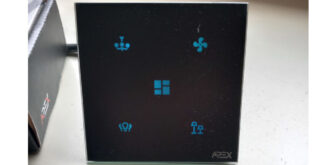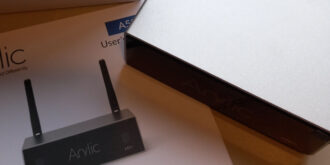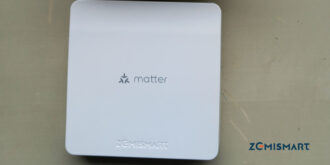Can smart appliances be hacked?
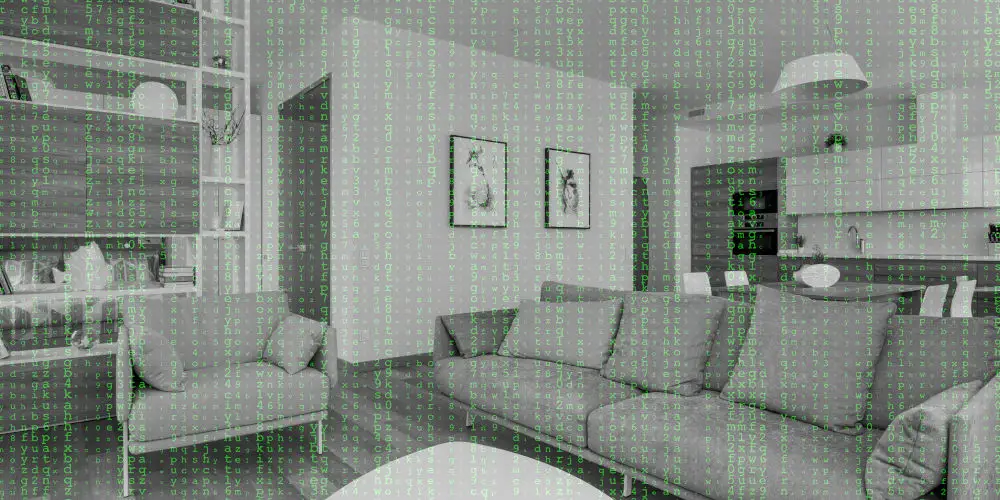
Smart homes come with many potential risks. Devices could stop working, encounter an error, or be hacked. These vulnerabilities might be more obvious depending on the type or size of the device. You might wonder: Can smart appliances be hacked as easily as smart devices?
Adding a smart speaker to your home might make you more aware of the vulnerabilities of technology. Yet, you might upgrade your regular appliances for the latest, more technologically advanced version without considering the security risks.
As we move toward always-connected devices, we value convenience over safety. It’s easy to command Alexa to start the robot vacuum, turn on the TV, or check if the robomower is cutting the lawn. And yet all of these appliances can be hacked and carry multiple potential risks.
We only become fully aware of these problems, when a large company is hacked and we read about it in the press. An example is Ring’s hacking woes in 2020. And yet, we treat these concerns as insurmountable, even when some applied common sense can help protect us.
That said, it’s worth assessing these risks in magnitude that’ll affect us. Coming home to a toasty home because your smart thermostat was hacked, is unlikely to cause any physical or emotional harm. But other malicious hacks can put you and your family at risk.
So, can smart appliances be hacked and how concerned should you be?
Hacks usually cause inconvenience, not damage
Hackers are generally looking for easy ways to gain access to smart devices to make quick money. So, if you take steps to protect your smart devices, the likelihood of the hacker being successful diminishes. And if they can’t easily gain access, they’ll move on to an easier target.
Thankfully, there are relatively sparse reports of smart appliances being hacked. There hasn’t been a substantial hack or enough devices affected to warrant fear about compromised smart appliances. While this is good news, it shouldn’t cause you to be complacent.
Compared to smart home devices, which are regularly featured in the headlines due to hacks, appliances seemed to have faired better with a fraction of security issues being found and exploited.
Hackers shut down a central heating system using a distributed denial-of-service (DDoS) attack, resulting in residents going without heating over a weekend, a minor inconvenience. However, if this situation had lasted weeks, it could lead to damage, including burst pipes or leaks.
While this was a moderate inconvenience, it isn’t as disturbing or nefarious as a hacker spying on you through a camera. So, we need to assess risks based on the potential outcome rather than applying a single standard to all.
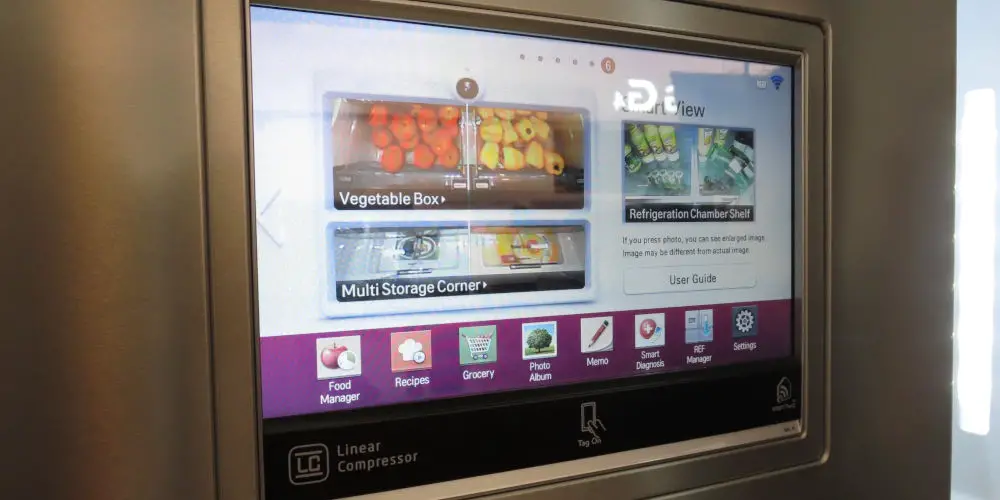
Smart hackers can be dangerous to smart appliances
Some of the biggest potential risks are seldom talked about. As some robotic vacuums map your home’s floor plan, if they were hacked, they could provide buglers with enough intelligence to successfully rob a property.
Many appliances use solid batteries, including robovac and robomowers. And while they are programmed with a voltage limiter to prevent combustion, it doesn’t mean that a hacker could command the controller to charge it with a high voltage. The result of which could be a fire that burns your home to the ground.
Of course, the hacker would have to be highly skilled to identify a potential way to cause damage with a smart appliance and then action those commands. In terms of a battery-operated device, even a temperature increase of a few degrees could cause untold damage.
Use common sense with your IoT devices
It’s still surprising how many people willingly connect their IoT devices and cameras to a public Wi-Fi network. Doing this will ensure you’re an easy target for hackers. It’s safe to assume that someone will eventually hack an unsecured or open network, doing much damage in the process.
Few consider how a smart device could be the launchpad for further attacks. Once someone hacks a robot vacuum on a public network, it opens the door to other things as they now have access to any resource in that local network.
Your security cameras could be easily compromised. They might also conduct illegal activities, such as funnelling web traffic through your connected smart appliance and downloading child pornography.
It’s very common for hackers to target devices like routers, TV, and webcams, essentially anything with a known security issue that gives hackers access.
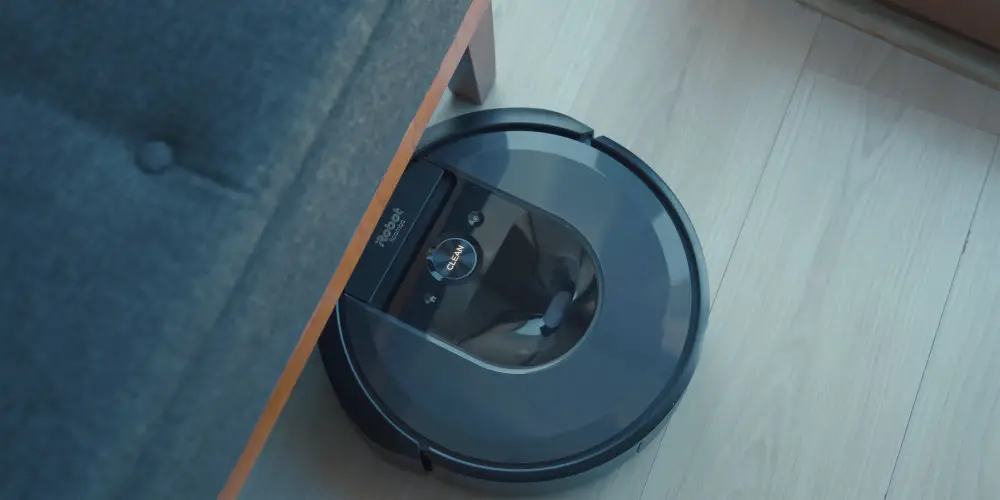
How to protect your appliances from hackers
A way to safeguard your smart appliances, and your smart home in general, is to isolate them on a separate Wi-Fi network. So, you run two Wi-Fi networks. The first for your connected devices and another one for your phones, tablets, computers, and network-attached storage.
Having devices separated makes it more difficult for a hacker to compromise your entire home network once access is gained to a single appliance.
Another useful tool to protect your smart appliances is Hardware firewalls. They detect suspicious activities, such as huge data uploads to a remote server. However, it can be difficult to distinguish between legitimate hacking activities and normal operations unless you’re an expert.
For example, a connected microwave may set off your hardware firewall because data is sent to a server to alert your smartphone that’s finished cooking. Or it might download a firmware update and regard it as suspicious activity. So, it can be tricky to differentiate false positives.
Can smart appliances be hacked?
For now, the risk of having an appliance hacked and doing real harm seems small. However, the situation could change quickly. We used to believe smart doorbells were secure until contradictory stories started appearing in the news. Smart home appliances are not so different.


